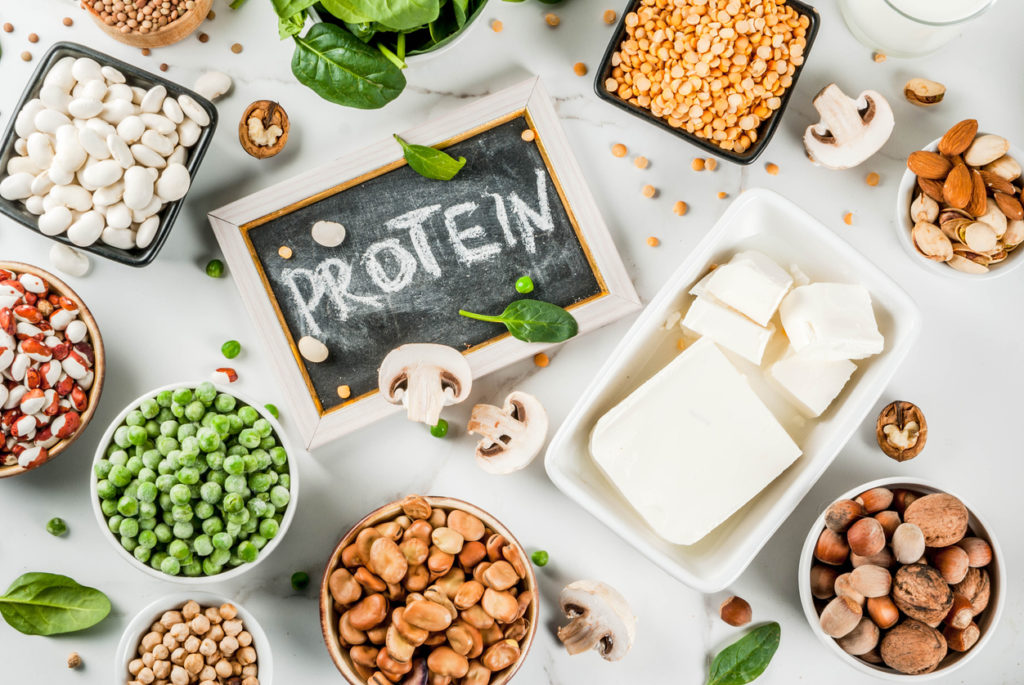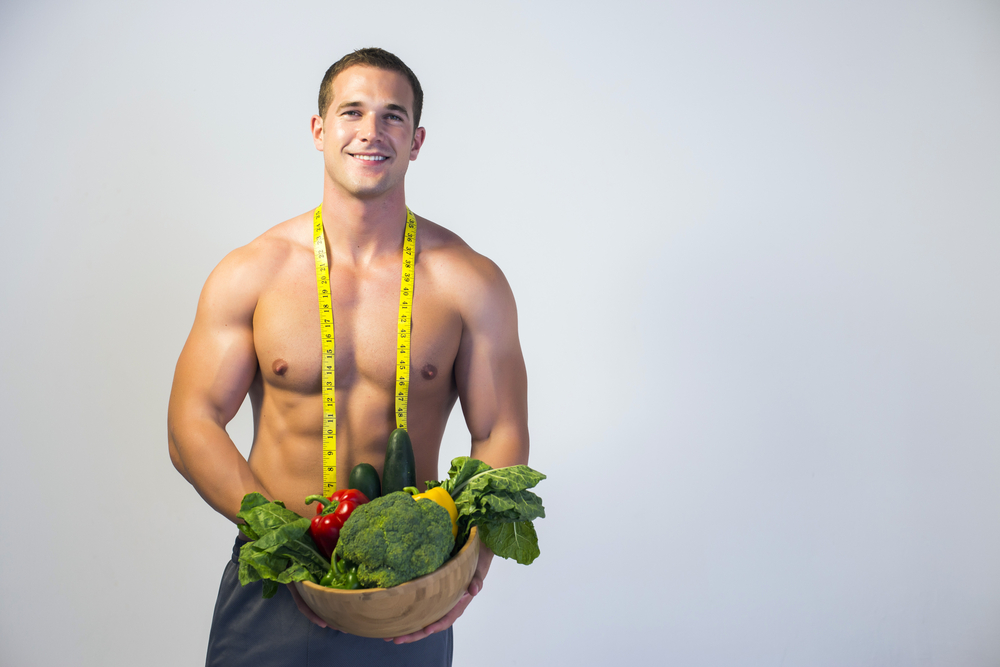There are many sources of vegetable proteins, we have chosen to select the best vegetable protein contributions. Ideal for vegetarian and flexitarian diets!
Soya
Soy is one of the vegetable proteins that is most commonly found in hyperprotein preparations due to its high protein content and amino acids. It is one of the only plants to contain all the essential amino acids. It can therefore be used as a source of complete protein, whereas any other plant would have to be combined with others to form an equivalent source.
It should be noted, however, that soy protein is a protein with less anabolic potential than those of animal origin and its absorption is not as good. The isoflavones present in soya have the particularity of binding to oestrogen receptors (bone, brain, genital organs) to modulate hormonal reactions. High soy consumption can therefore have oestrogenic effects that are not without consequence, especially in certain populations. In addition, many people are allergic to this legume.
Yellow Pea
Pea protein supplementation is a safe alternative for all those who suffer from food allergies.
Proteins are complex molecules that are essential for the proper development and functioning of the body. They
also play an important role in the prevention of certain chronic diseases. Yellow peas have been known for centuries as a healthy vegetable, which is part of a balanced diet thanks to its fat-free and rich content of protein, fibre and starch. Pea protein isolate is very well assimilated because of its high biological value. Especially due to its amino acid content, yellow pea protein is particularly well balanced and includes all nine essential amino acids.
Rice
Rice is a cereal of the Popaceae family grown in tropical regions. Rice protein is an ideal protein choice for all those who want to avoid soy and dairy products as protein sources. It is obtained by an all-natural wet extraction process. It is produced by various stages of fermentation, filtration and enzymatic treatment to extract the protein and fibre from the rice.
A comparative study between a milk protein isolate and rice protein showed that they had almost identical effects.
In fact, rice protein isolate facilitates lean mass gainand fat loss, fights skeletal muscle hypertrophy and increases strengthand powerjust as milk protein isolate would with less lactose.
Spirulina
Spirulina is a non-marine green alga of very small size. It grows in a very warm and humid aqueous environment. It gets its name from its shape because it is shaped like a spiral.
Spirulina is a source of nutrients, which gives it many advantages, especially for sports people. Indeed, spirulina contains 70% of its weight in protein and it is also rich in chlorophyll.
The richness of chlorophyll partly explains its benefits. Chlorophyll is a pigment that is part of the phyto-nutrients, it allows the plant to fix light energy. Chlorophyll has various properties that are particularly interesting for the human body.
Indeed, it is a molecule that is almost identical in every way to human haemoglobin. Haemoglobin is a protein that transports oxygen from the body to the organs and tissues. Chlorophyll will therefore, by its structure, mimic haemoglobin and thus participate in increasing the oxygenation of organs and tissues.
Vegetable proteins are therefore a real alternative for people who do not want to or cannot consume animal proteins (ethical choice, lactose intolerance, etc. ). It is essential to supplement one's body with vegetable proteins because people who consume only or mainly vegetable proteins are very often deficient in proteins, which can have numerous consequences on health (muscle wasting, pain, fatigue, etc. ).


